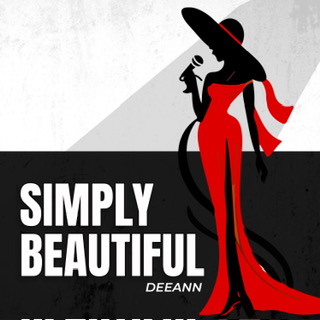Revered Recording Artist DeeAnn DiMeo on Why We Perform
- Written by Metropolitan Digital

I’ve never really been comfortable with eyes aimed at me. The feeling hasn’t changed, whether I was at my desk in third grade answering questions in front of the class, auditioning for Swing Choir in High School, or stepping onto a stage to perform. So, it would seem paradoxical that my dream would be to do just this – stand in front of crowds and perform. But the first time I heard my voice amplified through speakers, I was hooked. There was nothing like that feeling before that moment, and there has been nothing like that since.
I’ve learned over the years that many performers also struggle with this discomfort of being looked at, in spite of how confident they may appear while being on stage. So why do we keep pursuing this? I can only speak to my own motives which has changed over the years. Initially, music was fun and exciting, performing cover songs that were well loved by the bar crowds, but eventually I needed something more. I got hired to sing for funerals and wedding ceremonies which was completely different, and while it was difficult and emotional, it brought me a greater sense of fulfillment. This was a step in the right direction, but still, something was missing.
What has brought me the greatest joy as an artist is performing songs I have written for attentive audiences with musicians whom I respect and love both as musicians and people. The team work that happens in a band; rehearsing, learning songs, then stepping on stage together and all working as one cohesive unit for an audience that is right there with us, is as connected as human beings can get. Being a part of that connection, expressing yourself in a way that allows you to be vulnerable and share what is within you is what keeps us walking back onto the stage, even if makes us nervous, keeps us up late into the night, wears down our bodies, and strains our relationships with those around us. Still, after all these years, I have the same need to perform, but the motives have changed.
Not all of the gigs are great. But when they are great, and I pull into my driveway knowing that I was a part of an experience where people were unified, none of the negatives matter.
About DeeAnn DiMeo:
Niagara Falls native, National recording artist DeeAnn DiMeo has her roots anchored in gospel, blues/jazz, and soul. In 2019, she was inducted into the Niagara Falls Music Hall of Fame and has won multiple Buffalo Music awards for Best Female Vocalist. She has fronted several bands as the lead singer and primary songwriter, receiving airplay across the country in college and jazz stations with previous projects and currently with her new album “It’s My Time”
https://deeannmusic.com/
https://www.facebook.com/
https://www.instagram.com/
https://www.linkedin.com/in/
https://open.spotify.com/



















